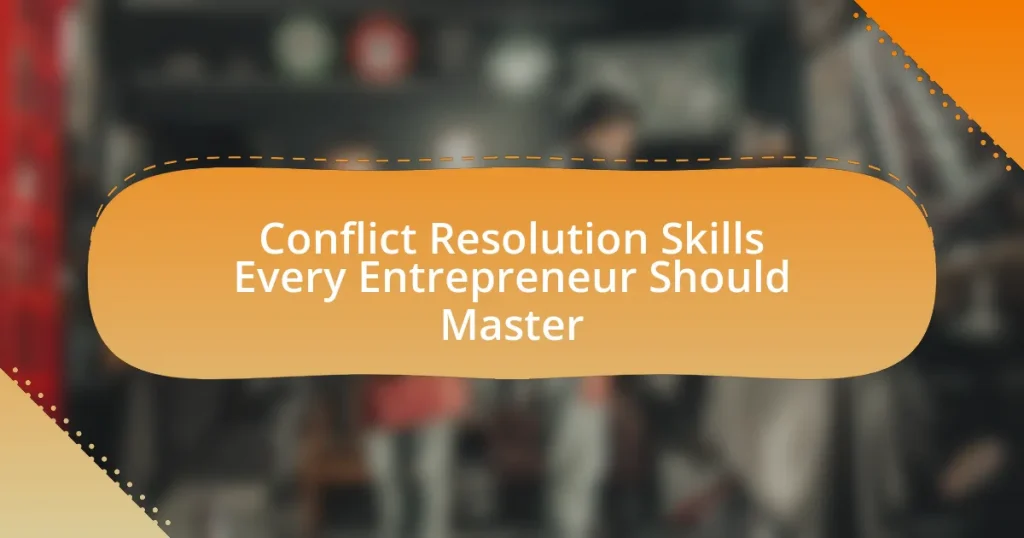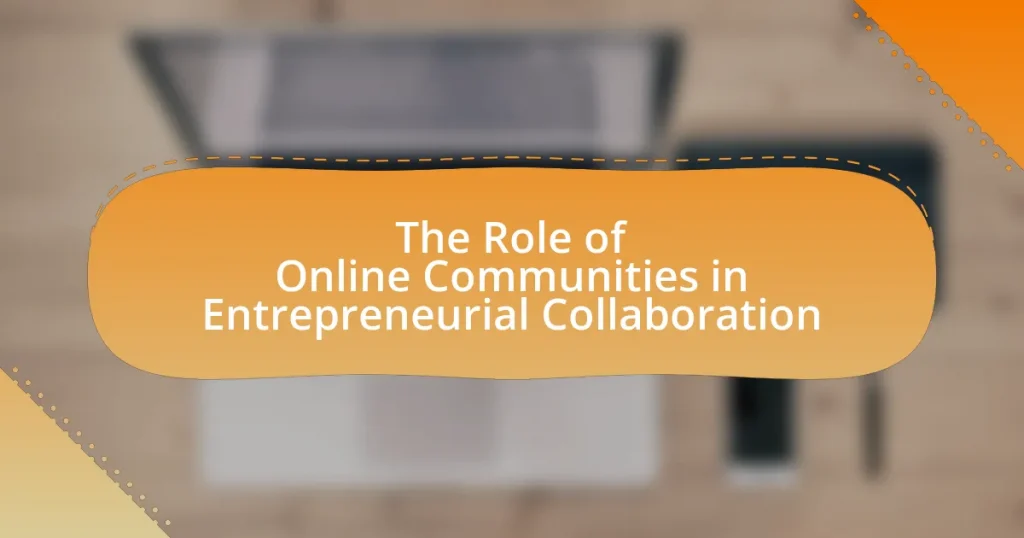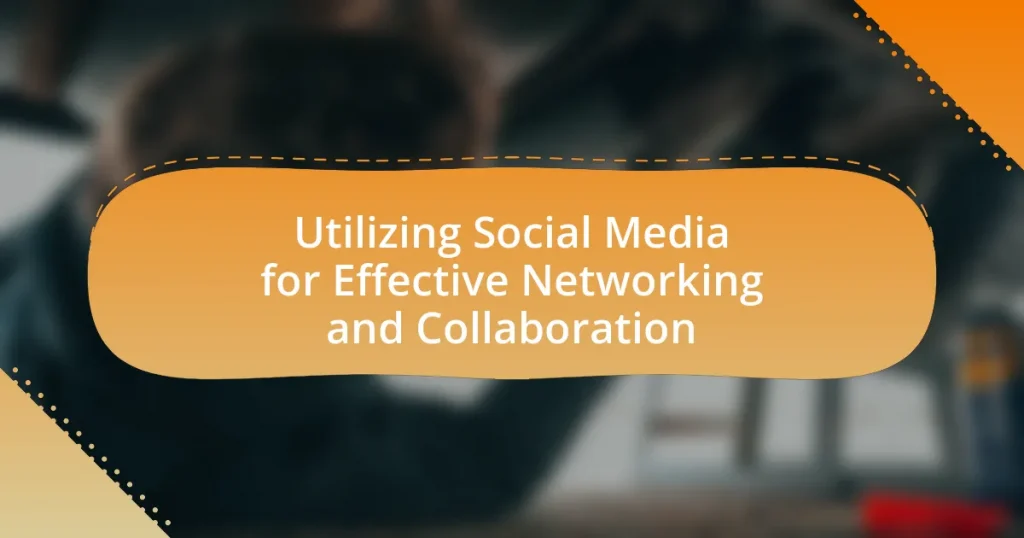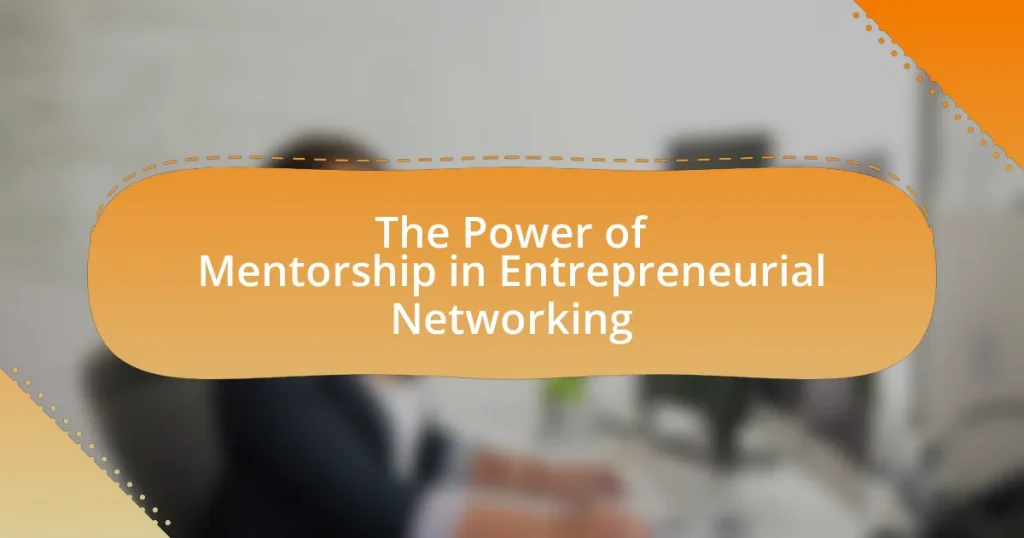Conflict resolution skills are essential abilities that enable individuals, particularly entrepreneurs, to effectively manage and resolve disputes. These skills encompass active listening, empathy, negotiation, and problem-solving, which are crucial for fostering collaboration and maintaining positive relationships in the workplace. The article highlights the importance of these skills for entrepreneurs, detailing their impact on employee satisfaction, team dynamics, and overall business success. It also discusses key components, techniques for development, and practical exercises to enhance conflict resolution capabilities, while addressing common challenges and best practices for effective resolution.
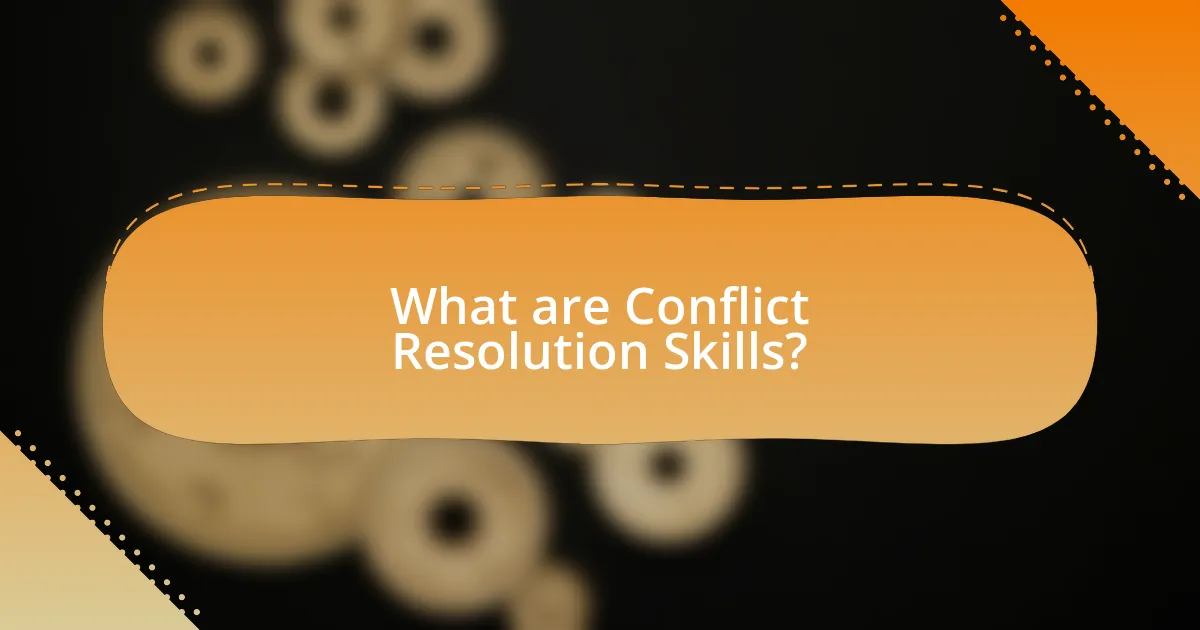
What are Conflict Resolution Skills?
Conflict resolution skills are the abilities that enable individuals to effectively manage and resolve disputes or disagreements. These skills include active listening, empathy, negotiation, and problem-solving, which facilitate understanding and collaboration among conflicting parties. Research indicates that effective conflict resolution can lead to improved relationships and increased productivity in the workplace, as demonstrated by a study published in the Journal of Organizational Behavior, which found that organizations with strong conflict resolution practices experience 30% higher employee satisfaction.
Why are Conflict Resolution Skills important for Entrepreneurs?
Conflict resolution skills are crucial for entrepreneurs because they enable effective management of disputes, fostering a collaborative work environment. Entrepreneurs often face conflicts with employees, partners, or clients, and the ability to resolve these issues promptly can prevent escalation, maintain relationships, and ensure business continuity. Research indicates that organizations with strong conflict resolution practices experience 50% higher employee satisfaction and retention rates, highlighting the importance of these skills in sustaining a productive workforce.
How do these skills impact business relationships?
Conflict resolution skills significantly enhance business relationships by fostering effective communication and collaboration. When entrepreneurs master these skills, they can address disagreements constructively, leading to improved trust and mutual respect among stakeholders. Research indicates that organizations with strong conflict resolution practices experience 30% higher employee satisfaction and retention rates, as effective resolution minimizes misunderstandings and promotes a positive work environment. Consequently, these skills not only mitigate potential conflicts but also strengthen partnerships, driving overall business success.
What role do these skills play in team dynamics?
Conflict resolution skills play a crucial role in team dynamics by fostering effective communication and collaboration among team members. These skills enable individuals to address disagreements constructively, reducing tension and promoting a positive work environment. Research indicates that teams with strong conflict resolution capabilities experience higher levels of trust and cooperation, leading to improved performance and innovation. For instance, a study published in the Journal of Applied Psychology found that teams trained in conflict resolution techniques reported a 25% increase in productivity compared to those without such training. This evidence underscores the importance of conflict resolution skills in enhancing team cohesion and overall effectiveness.
What are the key components of Conflict Resolution Skills?
The key components of Conflict Resolution Skills include effective communication, active listening, empathy, problem-solving, and negotiation. Effective communication allows individuals to express their thoughts clearly and assertively, while active listening ensures that all parties feel heard and understood. Empathy enables individuals to recognize and validate the emotions of others, fostering a collaborative environment. Problem-solving skills help in identifying the root causes of conflict and generating viable solutions. Lastly, negotiation skills facilitate reaching a mutually acceptable agreement. These components are essential for resolving disputes and maintaining healthy relationships in a professional setting.
What techniques are essential for effective conflict resolution?
Essential techniques for effective conflict resolution include active listening, empathy, collaboration, and negotiation. Active listening involves fully concentrating on the speaker, which fosters understanding and reduces misunderstandings. Empathy allows individuals to recognize and validate the feelings of others, creating a more supportive environment. Collaboration encourages parties to work together to find mutually beneficial solutions, enhancing relationships and trust. Negotiation skills enable individuals to reach agreements that satisfy all parties involved, often leading to more sustainable outcomes. Research indicates that these techniques significantly improve conflict resolution outcomes, as they promote open communication and understanding among conflicting parties.
How can active listening enhance conflict resolution?
Active listening enhances conflict resolution by fostering understanding and empathy between conflicting parties. When individuals engage in active listening, they demonstrate genuine interest in the perspectives and feelings of others, which can de-escalate tensions and create a collaborative atmosphere. Research indicates that effective communication, including active listening, can lead to a 50% reduction in misunderstandings during conflicts, as it encourages clarification and validation of each party’s concerns. This process not only helps in identifying the root causes of the conflict but also paves the way for mutually agreeable solutions, ultimately improving relationships and promoting a positive resolution.
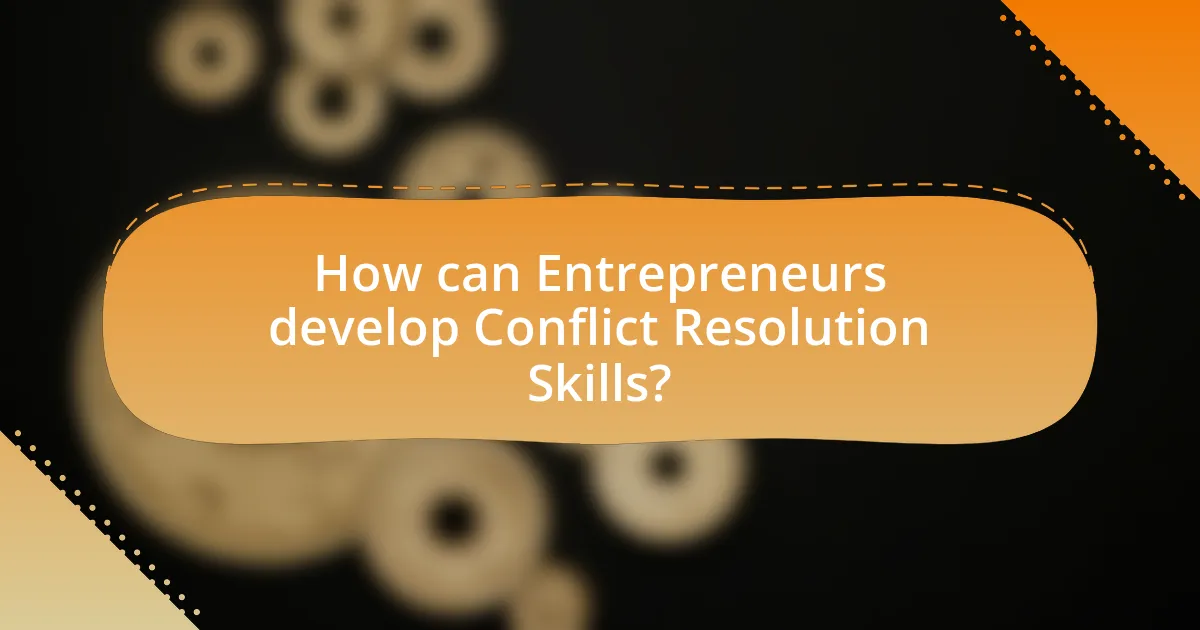
How can Entrepreneurs develop Conflict Resolution Skills?
Entrepreneurs can develop conflict resolution skills by actively engaging in training programs focused on negotiation and mediation techniques. These programs often include role-playing scenarios that simulate real-life conflicts, allowing entrepreneurs to practice and refine their skills in a controlled environment. Research indicates that individuals who participate in conflict resolution training report a 30% improvement in their ability to manage disputes effectively. Additionally, entrepreneurs can enhance their skills by seeking mentorship from experienced leaders who can provide guidance and share strategies for resolving conflicts. Engaging in regular self-reflection and feedback sessions also helps entrepreneurs identify their strengths and areas for improvement in conflict resolution.
What training options are available for improving these skills?
Training options for improving conflict resolution skills include workshops, online courses, and coaching sessions. Workshops often provide interactive scenarios that simulate real-life conflicts, allowing participants to practice resolution techniques in a controlled environment. Online courses, such as those offered by platforms like Coursera or Udemy, cover theoretical frameworks and practical strategies for conflict management. Additionally, one-on-one coaching sessions with experienced conflict resolution professionals can offer personalized guidance and feedback, enhancing an entrepreneur’s ability to navigate disputes effectively. These training methods are supported by research indicating that structured learning environments significantly improve conflict resolution capabilities.
How can workshops and seminars contribute to skill development?
Workshops and seminars significantly contribute to skill development by providing structured learning environments where participants can engage in hands-on activities and discussions. These settings facilitate the acquisition of conflict resolution skills through interactive exercises, role-playing scenarios, and expert-led discussions that allow entrepreneurs to practice and refine their abilities in real-time. Research indicates that experiential learning, which is often a key component of workshops and seminars, enhances retention and application of skills, making participants more adept at managing conflicts effectively in their professional environments.
What role does mentorship play in learning conflict resolution?
Mentorship plays a crucial role in learning conflict resolution by providing guidance, support, and practical experience. Mentors, often experienced individuals in their fields, can share their insights on navigating conflicts effectively, which enhances the mentee’s understanding and skills. Research indicates that mentorship improves interpersonal skills and emotional intelligence, both essential for resolving conflicts. For instance, a study published in the Journal of Business and Psychology found that mentorship positively influences conflict management styles, leading to more constructive outcomes in professional settings. This evidence underscores the importance of mentorship in developing effective conflict resolution abilities.
What practical exercises can Entrepreneurs use to practice these skills?
Entrepreneurs can practice conflict resolution skills through role-playing exercises, mediation simulations, and active listening drills. Role-playing allows entrepreneurs to simulate conflict scenarios, enabling them to explore different perspectives and responses. Mediation simulations provide a structured environment where entrepreneurs can practice facilitating discussions between conflicting parties, honing their negotiation and problem-solving abilities. Active listening drills involve exercises where entrepreneurs focus on understanding and reflecting back what others say, which enhances their empathy and communication skills. These exercises are effective because they create real-life scenarios that require immediate application of conflict resolution techniques, reinforcing learning through practice.
How can role-playing scenarios help in skill enhancement?
Role-playing scenarios enhance skills by providing a simulated environment where individuals can practice and refine their conflict resolution abilities. These scenarios allow participants to engage in realistic interactions, enabling them to experiment with different strategies and approaches to resolving disputes. Research indicates that experiential learning, such as role-playing, significantly improves retention and application of conflict resolution techniques, as it encourages active participation and immediate feedback. For instance, a study published in the Journal of Business Communication found that role-playing exercises led to a 30% increase in participants’ confidence and effectiveness in handling conflicts. This evidence supports the effectiveness of role-playing as a tool for skill enhancement in conflict resolution.
What are some real-life case studies that illustrate effective conflict resolution?
One real-life case study that illustrates effective conflict resolution is the 1993 Oslo Accords between Israel and the Palestine Liberation Organization (PLO). This agreement marked a significant step towards peace in the Middle East, demonstrating how dialogue and negotiation can resolve long-standing conflicts. The process involved secret negotiations facilitated by Norway, where both parties engaged in discussions to address mutual grievances and establish a framework for future relations. The success of the Oslo Accords is evidenced by the establishment of the Palestinian Authority and the recognition of Israel by the PLO, showcasing the potential for conflict resolution through diplomacy and compromise.
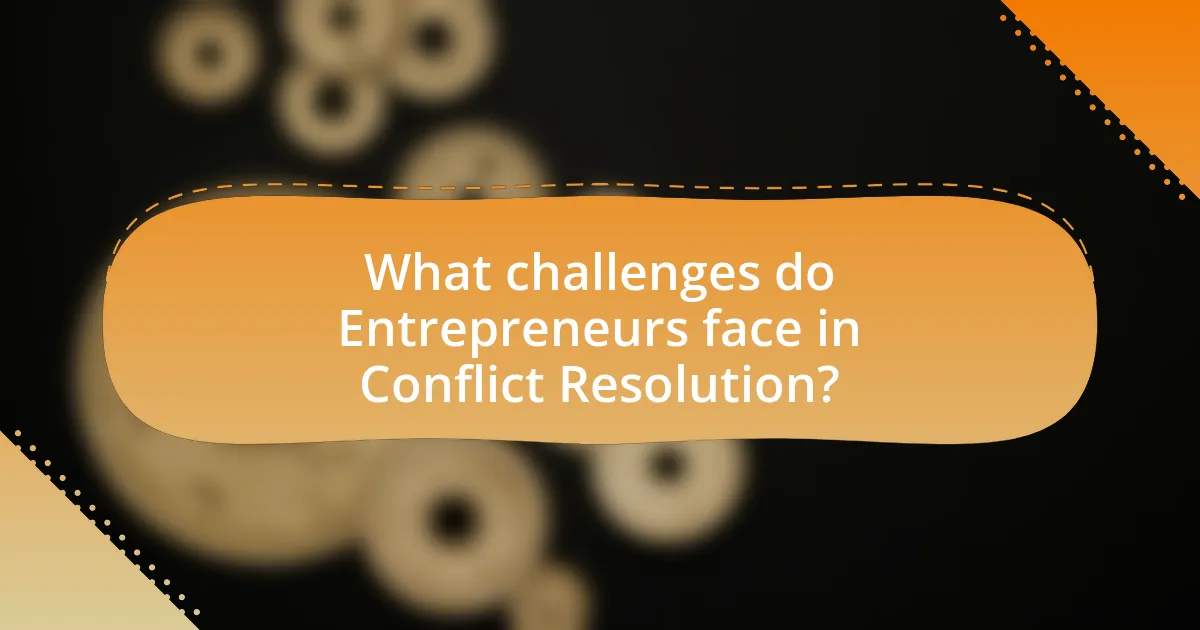
What challenges do Entrepreneurs face in Conflict Resolution?
Entrepreneurs face several challenges in conflict resolution, primarily due to limited resources, emotional involvement, and lack of experience. Limited resources can hinder their ability to engage in thorough conflict resolution processes, as they may not have access to professional mediators or legal counsel. Emotional involvement often clouds judgment, making it difficult for entrepreneurs to remain objective and find mutually beneficial solutions. Additionally, many entrepreneurs lack experience in navigating conflicts, which can lead to ineffective communication and escalation of disputes. These challenges can significantly impact their business operations and relationships with stakeholders.
How can emotional intelligence aid in overcoming these challenges?
Emotional intelligence aids in overcoming challenges in conflict resolution by enhancing self-awareness, empathy, and interpersonal skills. These components allow entrepreneurs to recognize their own emotions and those of others, facilitating better communication and understanding during conflicts. Research indicates that leaders with high emotional intelligence can manage stress and navigate difficult conversations more effectively, leading to more constructive outcomes. For instance, a study published in the Journal of Organizational Behavior found that emotional intelligence is positively correlated with conflict management styles that promote collaboration and problem-solving, ultimately resulting in improved team dynamics and productivity.
What strategies can be employed to manage personal biases during conflicts?
To manage personal biases during conflicts, individuals can employ strategies such as self-reflection, active listening, and seeking diverse perspectives. Self-reflection allows individuals to recognize their own biases and understand how these may influence their perceptions and reactions during conflicts. Active listening involves fully concentrating on the speaker, which helps to mitigate misunderstandings and fosters empathy, thereby reducing bias. Seeking diverse perspectives encourages individuals to consider viewpoints different from their own, which can challenge preconceived notions and lead to more balanced decision-making. Research indicates that these strategies can significantly enhance conflict resolution effectiveness by promoting open communication and understanding among conflicting parties.
What are common pitfalls to avoid in conflict resolution?
Common pitfalls to avoid in conflict resolution include failing to listen actively, allowing emotions to escalate, and not addressing the root cause of the conflict. Active listening is crucial; without it, misunderstandings can worsen the situation. Emotional escalation can lead to irrational decisions, making it essential to remain calm and composed. Additionally, addressing only surface issues without tackling the underlying problems often results in recurring conflicts, as evidenced by studies showing that unresolved root causes lead to repeated disputes in organizational settings.
How can miscommunication escalate conflicts?
Miscommunication can escalate conflicts by creating misunderstandings that lead to increased tension and hostility between parties. When individuals misinterpret messages, intentions, or emotions, they may respond defensively or aggressively, further complicating the situation. For instance, a study published in the Journal of Conflict Resolution found that 70% of workplace conflicts stem from miscommunication, highlighting how unclear language or assumptions can trigger disputes. This escalation occurs because unresolved misunderstandings can lead to a cycle of blame and retaliation, making it difficult to reach a resolution.
What are the consequences of avoiding conflict altogether?
Avoiding conflict altogether can lead to unresolved issues, decreased team morale, and a lack of trust among team members. When conflicts are not addressed, underlying problems persist, which can escalate over time and result in greater dysfunction within the team. Research indicates that unresolved conflicts can lead to a 30% decrease in productivity due to increased stress and disengagement among employees. Furthermore, avoiding conflict can create a culture of fear, where team members feel unable to express their concerns, ultimately stifling innovation and collaboration.
What are the best practices for effective conflict resolution?
The best practices for effective conflict resolution include active listening, clear communication, and seeking win-win solutions. Active listening involves fully concentrating on the speaker, understanding their message, and responding thoughtfully, which fosters mutual respect and understanding. Clear communication ensures that all parties express their thoughts and feelings without ambiguity, reducing misunderstandings. Seeking win-win solutions encourages collaboration, where both parties work together to find a resolution that satisfies everyone involved. Research indicates that organizations that implement these practices experience a 30% reduction in conflict-related issues, highlighting their effectiveness in fostering a positive environment.
How can setting clear expectations prevent conflicts?
Setting clear expectations can prevent conflicts by ensuring that all parties involved understand their roles, responsibilities, and the desired outcomes of a situation. When expectations are explicitly communicated, misunderstandings are minimized, which reduces the likelihood of disputes arising from differing interpretations of agreements or tasks. Research indicates that organizations with well-defined expectations experience 25% fewer conflicts, as clarity fosters accountability and alignment among team members. This alignment helps to create a cooperative environment where individuals are less likely to feel frustrated or misled, thus significantly lowering the potential for conflict.
What techniques can be used to facilitate open communication?
Techniques to facilitate open communication include active listening, encouraging feedback, and creating a safe environment for dialogue. Active listening involves fully concentrating on the speaker, understanding their message, and responding thoughtfully, which fosters trust and clarity. Encouraging feedback allows individuals to express their thoughts and feelings, promoting transparency and collaboration. Creating a safe environment involves establishing norms that support respectful and honest conversations, reducing fear of judgment or retaliation. These techniques are supported by research indicating that effective communication enhances team dynamics and conflict resolution, as highlighted in studies on organizational behavior.
What tips can Entrepreneurs implement for successful conflict resolution?
Entrepreneurs can implement active listening, open communication, and collaborative problem-solving for successful conflict resolution. Active listening involves fully concentrating on the speaker, which fosters understanding and empathy, reducing misunderstandings. Open communication encourages transparency and honesty, allowing all parties to express their concerns without fear of retribution. Collaborative problem-solving focuses on finding mutually beneficial solutions, which can lead to stronger relationships and a more cohesive team. Research indicates that organizations with effective conflict resolution strategies experience 50% less employee turnover, highlighting the importance of these skills in maintaining a productive work environment.
